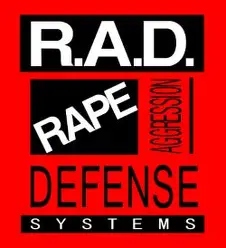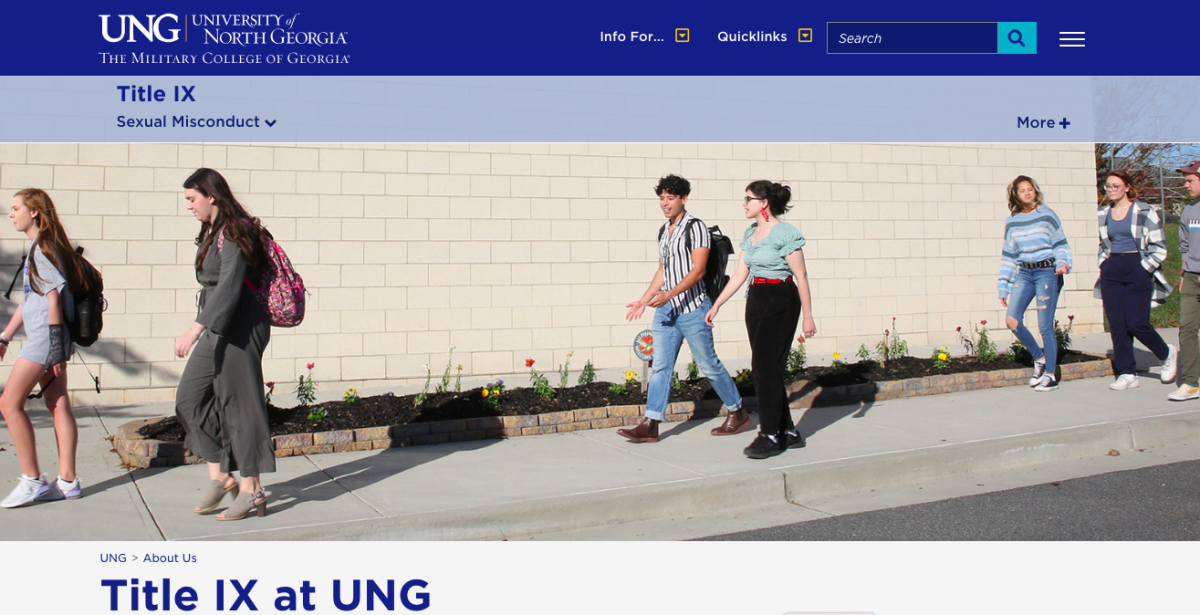By: Allison Hutchinson
Student Reporter
Filing your taxes is one of the most important tasks that needs to be done year after year. It can be a simple ordeal or a very complicated one based on how you’re filing them. There are many things to be educated on when filing taxes. Here are a few:
I met with Lisa Nash, CPA and a lecturer at UNG, to discuss what most students overlook or misunderstand when filing their taxes. The first thing she said that students need to be aware of is the dependency exemption.
“I think the first time you have your taxes done, you really should sit down with someone and have it explained,” Lisa nash, cpa and ung lecturer
“As a student they need to determine if they are claiming their own dependency exemption or if their parents are claiming their dependency exemption,” Nash said. A dependent is either a qualifying child or a qualifying relative, in tax terms. Tax credits are based upon who claims the dependency, so it is very important to get this correct when filing a return.
There are dependency tests to be considered when determining who will file the claim. “In order for a child, a full-time student, under 24-years-old to be able to claim themselves, they need to be self supporting; they need to be able to prove that they provide over half of their own support,” Nash said. The main tests students need to consider are:
- Age, under 24-years-old and full-time student
- Residency, live with the taxpayer over ½ year, with absences, such as school, being considered time lived with the taxpayer
- Self-support, child must prove they provide over ½ of their own support, parents do not have the burden of proof of support
After establishing if you are being claimed as a dependent, or if you are claiming yourself as a dependent, you need to gather your tax documents. The first time you file your taxes you just need your current W-2 which should be provided to you by your employer. If you had more than one job in the previous year, you need to make sure you have been given W-2s for all places of employment throughout the year. Contact your previous employers to obtain tax documents if they have not been mailed to you. Employers should have mailed W-2 forms by January 31.

Another important aspect of being a student and filing your taxes is the education credit. The person claiming the dependency exemption, claims the education credit and many other credits for that person,
“As far as the education credit, if the parent claims the child, the parent receives the education credit,” Nash said.
Nash indicated a common problem with filing taxes is that students claim their education when they are not entitled to the credit. Room and board are not allowable expenses when claiming the education credit,
“A lot of students think, ‘oh I’ll do my tax return online and the question asks were you a full-time student? The student fills out ‘yes’ and enters the amount charged for tuition. However, they do not consider that grants and scholarships reduce the amount allowed for the education credit,” Nash said.
“And if the parent claims the dependency, then the parent receives the education credit, no matter who paid for the tuition.” This results in a wrongly filed tax return. It is best to remember that if you are a dependent you do not claim anything.
You can file your taxes with free online software, like TurboTax or Free File through the IRS. “I am really leery of the free file, it works if you just have a very simple return, W-2, and you’re absolutely sure of the questions and how you’re answering them,” Nash said. “However, if you see anything on there that you’re unsure about you should seek professional advice.” These sites are best used if you are a student with a very simple return. If you are unsure of a question being asked, consult someone instead of answering with a potential wrong answer. “If you don’t understand how you’re answering the question, and you don’t answer the question right, then it’s going to file the return wrong,” Nash said.
“I think probably the first time you have your taxes done you really should sit down with someone and have it explained,” Nash said.
One problem with the free online sites is that they will file your federal return for free but often charge you for your state return,
“When you use free file tax software, it files your federal return for free, but if your income is not low enough it doesn’t file your state free. They charge you for your state,” Nash said.
Taxpayers must pay close attention that both the federal and state returns are being filed and keep a copy of the acceptance receipt and the returns being filed.
Online filing can be convenient unless you are negligent the year before. All online platforms tell you to print off and download your federal and state returns once you file them with their online software. However, most people either forget to do this, or avoid it all together. This will result in potential problems when you cannot access your documents from the previous year. As long as you remember the login and password information created when you filed the return, it can be simple to get in touch with these online sites for your paperwork, but it is best to print and download your return every year if you do your taxes online.
You need to keep these documents for three years, and students also need this for filling out FAFSA. You cannot complete a FAFSA form without the documents from the previous year.
If you need help accessing these documents, you can contact the IRS for your federal return, and the state you filed in for your state return.
After you have successfully completed both returns, you should receive the refund within seven to ten days. Paying for a rapid refund is not worth the charge since you will have your money in about a week. State returns can take a little longer to receive though.
Individual tax returns are due by April 15, but in some cases, you can file an extension. This extends when your taxes are due by six months, making them due in October instead of April. Even if you file for an extension, you still have to pay everything you owe the government by April 15. If you do not pay what you owe by this deadline, potential penalties and interest can apply.
Remember you will be filing taxes the rest of your life, so best to understand the process and get in the habit of keeping good records of those filings now.
































